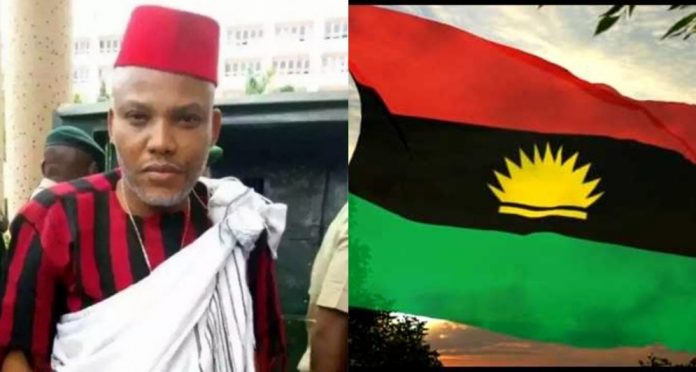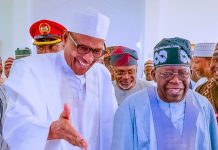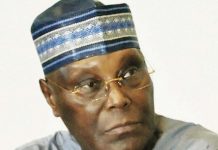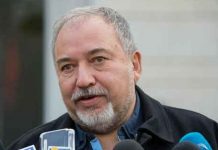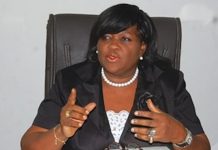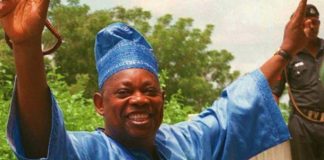In Nigeria, the seemingly strong Igbo secessionist group, the Indigenous People of Biafra, IPOB, had boasted for over a year that the governorship poll in Anambra state slated for last month would not take place. As it stands now, the group has lost steam. It had insisted that no election would take place unless the Muhammadu Buhari government agreed to hold an independence referendum for the South-Eastern states. It urged not just its supporters but indeed all voters in Anambra state to boycott the election. A week before the election, IPOB supporters became more militant, marching on the streets of the commercial city of Onitsha, vowing to disrupt the election.
Nigerians therefore awaited the dawn of November 18 with prayers and bated breath. IPOB had for years shown itself to be popular and its calls for a separate state of Biafra were believed to have significant support in the zone. However, on Election Day itself, the process went ahead smoothly. Journalists who covered the gubernatorial election reported that everything went on fine. A day after the vote, the incumbent, Governor Willie Obiano, was declared the winner by a comfortable margin.
What happened? And what does this mean for the future of the Biafran secessionists? IPOB, led by Nnamdi Kanu, originally vowed that there would be no election in Anambra state. “If the Federal Government does not agree with us on a date for referendum, there will be no elections in the Southeast,” he vowed last June. “We are starting with Anambra, come November, and we will spread to other Igbo states.”
To show its clout, in July, members of the IPOB confronted the Anambra State helmsman at the church, where he was worshipping, chanting “No referendum, no election”. However, since the military operation, Python Dance 2, last September, Nnamdi Kanu’s whereabouts has been unknown. Meanwhile, IPOB’s voice and strategy have softened entirely over time.
At the same time, many IPOB supporters continued to issue threats around what might happen on 18 November. There was no doubt that there was some hesitation amongst voters on that day. In some polling booths, voters came late. In some places accreditation of voters started between two and three hours behind schedule; the people wanted to know whether the place was safe before coming out to vote.
However, due largely to the heavy security provided by the federal authorities, the process occurred with no incident. Turnout was reported to be at a mere 22%. But this was not unusual. In 2013, turnout was just 24%. In the wake of the failed boycott urged by the secessionists, the Minister for Information and Culture, Lai Mohammed, described the IPOB as “dead and gone”, declaring that the successful election was its death knell. “I think what that proved is that IPOB does not represent the good people of Anambra state or any state in the South-East,” he said.
However, some analysts claim that the “majority of the population” still back the idea of Biafran independence even if they are not necessarily official IPOB supporters. Some registered members of the group similarly emphasize the campaign’s ongoing support. They attribute the failure of the boycott not to IPOB’s waning popularity, but disagreement over strategy.
A self-appointed spokesman for the supporters queried, “If someone decides to vote will you stop him? In any family, there’s no way you’ll expect everyone to reason the same way. Some people want Biafra but they did not like the idea of boycotting the election.”
Although the IPOB threat around the Anambra state election fell flat, some Nigerians have warned against writing off the group, pointing out that more actions could come in future. It remains to be seen what the group will do next.






